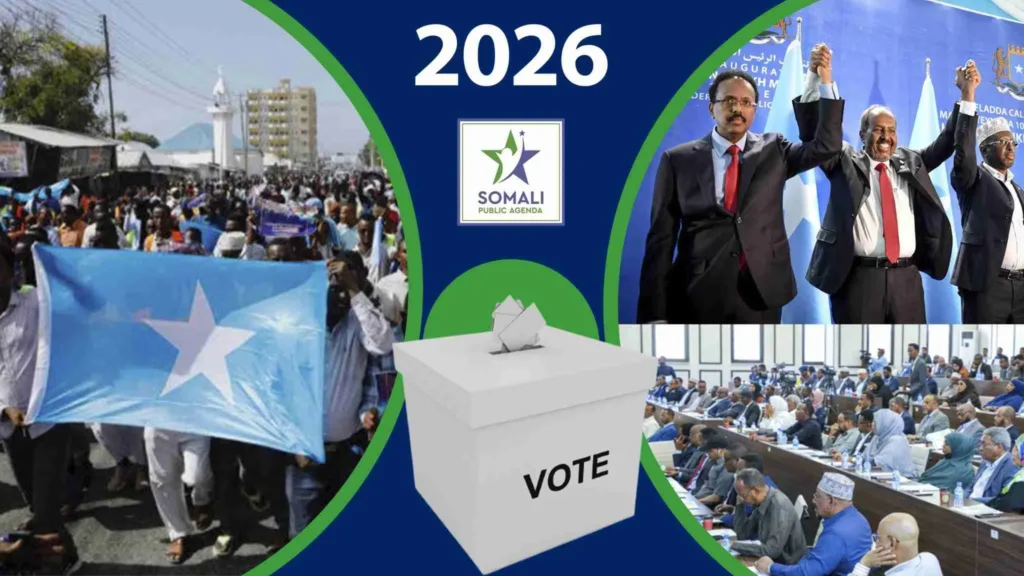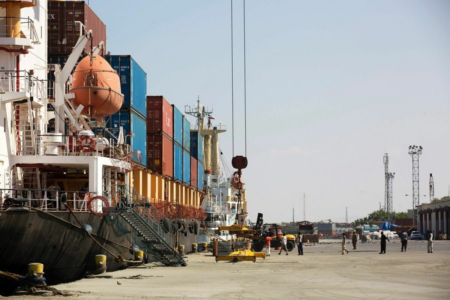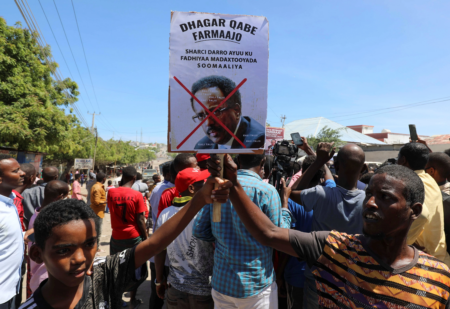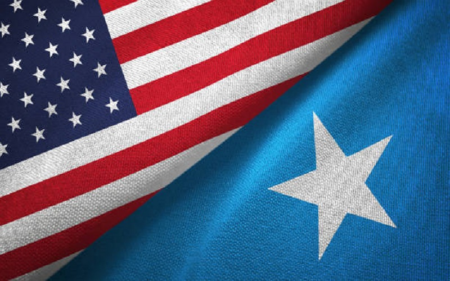As Somalia prepares for its next round of federal elections in 2026, the country is entering a critical phase of democratic transition.
With political reforms underway and mounting public interest in inclusive governance, Somalia path to democracy is both promising and complex.
This article explores the key challenges, recent reforms, and what the future holds for Somalia’s democratic process.
Somalia Path to Democracy in 2026 Federal Elections
Somalia’s political roadmap outlines universal suffrage elections by 2026 — a significant shift from the traditional clan-based power-sharing system known as the 4.5 formula.
This historic transition aims to empower every Somali citizen with the right to vote, marking a milestone in Somalia path to democracy.
In recent months, Somali leaders have held several forums and consultations to define the electoral framework, address constitutional ambiguities, and strengthen federal cooperation.
Somalia Path to Democracy – Key Challenges:
Despite progress, Somalia faces several challenges in achieving a stable and fair democratic system:
- Security threats from al-Shabaab continue to limit political freedom in some regions.
- Disputes between federal and state authorities have delayed previous electoral timelines.
- Lack of electoral infrastructure, especially in rural areas, hinders effective voter registration.
- Women and minority representation remains a contentious issue, with calls for stronger legislative guarantees.
Somalia Path to Democracy- Political Reforms:
The National Consultative Council (NCC), composed of federal and state leaders, has introduced key reforms to streamline the electoral process. Some of the most notable changes include:
- Moving toward direct elections at the district level
- Establishing a unified electoral commission
- Clarifying roles and responsibilities in the provisional constitution
- Reaffirming the commitment to hold elections within a set timeline
These reforms aim to restore public trust, enhance transparency, and promote accountability in governance.
Voices of Optimism and Caution
President Hassan Sheikh Mohamud has reiterated his administration’s commitment to implementing full electoral reforms.
“Democracy is the foundation of a peaceful and stable Somalia,” he stated during a recent press conference in Mogadishu.
Meanwhile, international partners including the United Nations, African Union, and European Union continue to support Somalia’s transition, providing technical expertise and urging inclusive dialogue.
However, political analysts warn that without clear implementation plans and mechanisms to manage disputes, Somalia risks further political fragmentation.
What Comes Next?
Looking ahead, the next 12 months will be critical:
- The draft constitution is expected to be finalized and ratified.
- Electoral commissions will begin voter education and registration campaigns.
- A national framework for political parties is in development to allow for a multi-party system.
Somalia’s youth, who make up the majority of the population, are expected to play a pivotal role in shaping the future — both as voters and as candidates.
Somalia path to democracy in 2026 elections is not without hurdles, but the momentum for change is growing.
Political will, institutional reform, and civic engagement will be essential to transforming Somalia’s vision of democracy into a reality.
As reforms continue and preparations accelerate, the world will be watching — and hoping — for a peaceful, inclusive, and credible election process.








